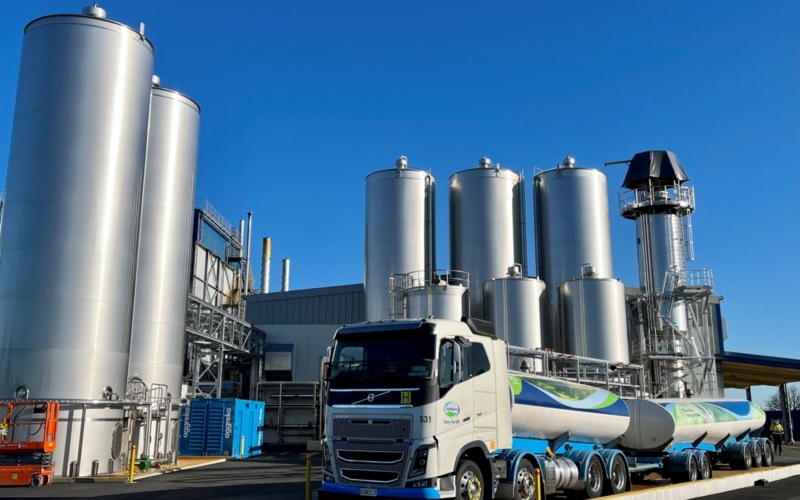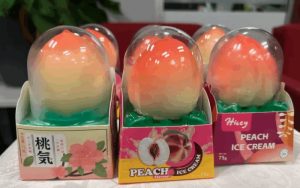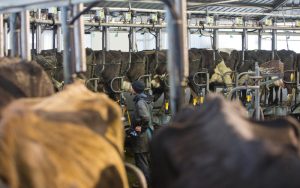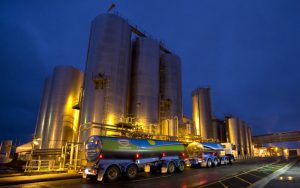
Shift to NZX Main Board should hold no concerns for farmers, analyst says.
Fonterra’s intention to move its supply share listing from a private market to the NZX Main Board should hold no concerns for farmers, Forsyth Barr analyst Matt Montgomerie says.
Trading of co-operative shares on NZX does have a precedent and the farmer-only ownership and restriction on Fonterra Co-operative Group (FCG) shares poses no issues.
Fonterra said its reasons for the move include cost savings, although it did not disclose what NZX has charged for operating the private market since Trading Among Farmers was introduced in 2012.
“Given that Fonterra has successfully transitioned to our Flexible Shareholding capital structure and the co-operative’s trading environment is well developed and mature, now it is appropriate to move,” Fonterra said.
It also plans to quit listing the Fonterra Shareholders Fund (FSF) on the Australia Stock Exchange, leaving it sole listed on the NZX.
Montgomerie said the disparity between FCG share and FSF unit prices is shrinking but he doesn’t expect it to disappear. It is currently 90c.
Over the past 12 months FCG shares have doubled to around $4.50 at the time of writing.
The price of FSF units has risen 75% to $5.40, showing evidence of greater investor speculation that up to $2 in capital returns might follow the planned divestment of the consumer brands and businesses.
Investors in both FCG and FSF have received dividends and capital returns totalling $1.45 over the past 14 months.
Fonterra general manager for capital markets Philip van Polanen said there is a healthy participation in the FCG market from a broad range of farmers.
Many farmers are using the tailored Sharesies app and the market makers continue to actively participate and support farmer liquidity.
“The market makers will continue to support liquidity in the restricted market and the custodian will continue to operate so that only farmers hold shares in the co-operative.”
Asked to comment on the depth of the FCG market, or what is known as fungibility and the ease with which farmers can trade when needed, he pointed to the turnover between 60 and 90 million shares annually.
That is around 5% of total shares issued and is a measure of the farm buying and selling activity, plus retirement of shareholders, who now hold 9% of shares.
“Most of the turnover is through farm sales with the majority of the farm purchases continuing to supply the co-op,” he said.
Market makers are brokers Craigs and Jarden and they buy and sell with risk and reward to keep up levels of bids and asks as specified by the Dairy Industry Restructuring Act.
The market has seasonality, as farmers seek to sell and buy at certain times of the year.
“Since flexible shareholding began we are seeing more farmer to farmer share market activity,” Van Polanen said.
You can now read the most important #news on #eDairyNews #Whatsapp channels!!!
🇺🇸 eDairy News INGLÊS: https://whatsapp.com/channel/0029VaKsjzGDTkJyIN6hcP1K
























